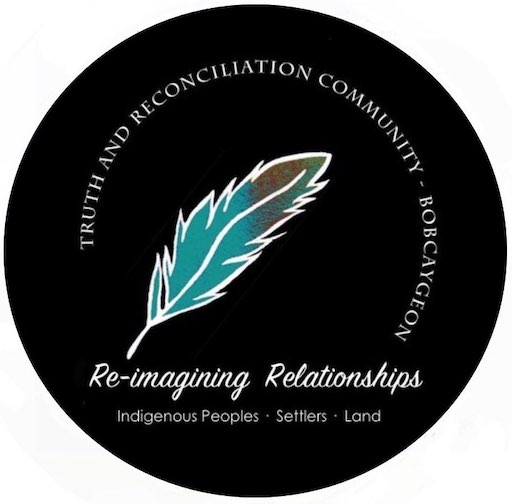An Open Letter from Academics Regarding the Invasion of Wet’suwet’en Territory
In the midst of the worst climate emergency in the history of British Columbia (BC) – a reflection of the dangers of ongoing hydrocarbon dependence – the RCMP attacked and removed Wet’suwet’en land defenders opposing the construction of the Coastal GasLink pipeline project (a project on which TC Energy is the operator). The RCMP acted on the behest of Coastal GasLink and the Province of British Columbia to enforce an injunction issued by the B.C Supreme Court against Wet’suwet’en land defenders. Head hereditary chiefs of all 5 clans have confirmed the Wet’suwet’en nation’s opposition to the controversial natural gas pipeline project in the Bahtlats/ Feast hall, in accordance with Wet’suwet’en law.
If the history of laws in this country tells us anything about the relationship between Indigenous peoples and governments, it is that law has been wielded as a weapon against Indigenous jurisdiction and grasped as a tool for Indigenous genocide. The provincial government’s authorization of permits for construction of Coastal GasLink arises from a racist anthropology of discovery and claims to underlying title to lands that have never been the province’s to grant. The injunction against the protesters was granted to Coastal GasLink based on these false presumptions, creating a legal house of cards.
As scholars at universities in Canada and around the world, we write with alarm at these most recent developments: the third invasion on Wet’suwet’en lands in the past three years. We strongly condemn aggression by federal security forces and the complete disregard for Indigenous sovereignty and environmental protection it reveals. The use of force to facilitate a project subject to an environmental review and ongoing construction reprimanded by BC’s own Environmental Assessment Office only further entrenches Canada’s ongoing contribution to global carbon emissions.
Unless an immediate retreat of the RCMP is implemented and the injunction order lifted, the federal government’s tacit approval of these acts will stand as proof not only of the shallow nature of the stated commitment of federal and provincial levels of government to Indigenous rights and reconciliation, but also the hollowness of PM Trudeau’s statement at the recent COP-26 in Glasgow that Canada will take a ‘leadership role in the fight against climate change.’
Following on the solidarity statements of numerous organizations – community groups, church groups, labour unions, academics – made in support of the Wet’suwet’en over the past three years, and especially the calls from the Wet’suwet’en – the signatories below:
– First and foremost, commit to support this struggle materially with a commitment to material contributions and/or actions. Donations of money, supplies and physically standing with land defenders are needed.
– Call for an immediate cancellation by the RCMP of the arbitrary exclusion zones, which constitute an automatic criminalization of Indigenous people’s rights to be on their territory, as described by BCCLA here.
– Call on Coastal GasLink to drop all charges against the 29 people arrested on November 18 and 19, 2021.
– Support the November 18th call by Grand Chief Stewart Phillip, Union of BC Indian Chiefs, for the BC and Canada to uphold Indigenous Title and Rights, including the right to self-determination, and to institute a moratorium on fossil fuel expansion in the wake of clear and present climate catastrophe.
– Call on Canada to examine the use of injunctions against First Nations in light of their constitutional rights and Section 15 Charter rights for equality under the law.
– Call for Canada to meaningfully pursue decarbonization outside of natural gas options.
– Call on BC to cancel the permits for the CGL pipeline. The LNG industry has benefited from $6.35 billion in provincial and federal subsidies, yet the profits will all be private.

